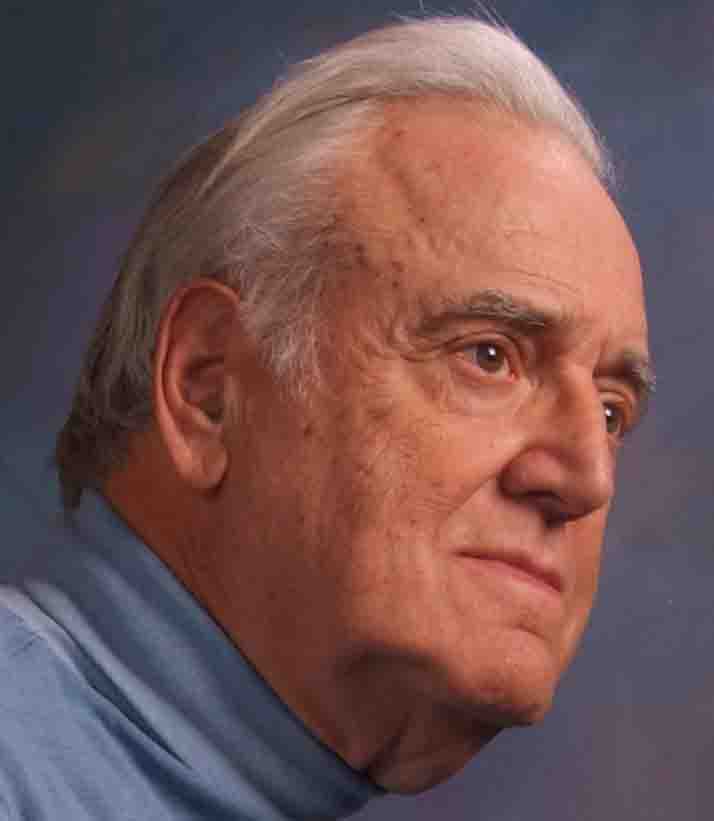Sounds insufferably arrogant, doesn't it? I agree, and so too do many of my compatriots.
That arrogance was vividly displayed in a policy statement from the U.S. Defense Department, drafted in March 1992, the final year of the George H. W. Bush (Senior) administration. In that document we find the following proclamation:
The U.S. must show the leadership necessary to establish and protect a new order that holds the promise of convincing potential competitors that they need not aspire to a greater role or pursue a more aggressive posture to protect their legitimate interests. In non-defense areas, we must account sufficiently for the interests of the advanced industrial nations to discourage them from challenging our leadership or seeking to overturn the established political and economic order. We must maintain the mechanism for deterring potential competitors from even aspiring to a larger regional or global role.
The document, co-authored by Defense Undersecretary Paul Wolfowitz, was widely criticized and thus re-written and released with more moderate language. Even so, the original statement reflected the views of the "neo-conservatives" (or "neo-cons"), a group of policy analysts that would become very influential in the second Bush administration.
Prominent among the critics of the original document was the late Senator Edward Kennedy, who called it "a call for a 21st century American imperialism that no other nation can or should accept."
Exactly ! And so I would ask the defenders of this policy, "how would the United States government and media respond to such a statement issuing from the Russian Foreign Ministry?" If taken seriously, such a statement from the Kremlin would suffice to re-ignite a new Cold War. Yet those in the American government and the media who proposed and defended this doctrine of a uni-polar "New American Century" seem to assume that Russia, China the "Pacific Rim" and the European Union would meekly submit to this "Pax Americana."
Such is the dangerous arrogance that arises out of the conceit of national "exceptionalism."
President Putin, I believe, expressed the concern of national leaders throughout the world when he wrote last year, in a letter to the New York Times:
It is extremely dangerous to encourage people to see themselves as exceptional, whatever the motivation. There are big countries and small countries, rich and poor, those with long democratic traditions and those still finding their way to democracy. Their policies differ, too. We are all different, but when we ask for the Lord's blessings, we must not forget that God created us equal.
I have been severely critical of American attitudes and policies toward Russia. But please understand that these attitudes and policies come "from the top" -- from "establishment" media and politicians and corporate "think tanks." If many ordinary Americans agree with these misguided "leaders,", it is because the public is awash in establishment propaganda. But, given the truth, time and again the American people have exhibited a fundamental common sense. As Winston Churchill wryly put it, "You can always count on Americans to do the right thing - after they've tried everything else."
Accordingly, it is the responsibility of cool and informed heads on both sides to get the facts to the American people. And so we turn finally to a few proposals.
IV
What is to be done?
1. The American Public to the Corporate Media: Reform or Perish! The American people are unlikely to demand a change in the belligerent policies of their government toward Russia as long as they are bewitched by the corporate news media propaganda.
Fortunately, there are promising indications that this spell of official propaganda is weakening. The corporate media cannot survive without an audience, and that audience is deserting the news media. Many Americans are fully aware that they were lied into a disastrous war in Iraq. Today, the same individuals that led us into that war are scorned, even in the corporate media. It is now abundantly clear that the American public will simply not tolerate a renewed Iraq war.
Sadly, it is not equally clear that the public will resist a renewed Cold War. But the Iraq example indicates that such resistance is possible. But first some fundamental facts about Russian history, legitimate national interests and political realities must at last be presented to the American people.
Next Page 1 | 2 | 3 | 4 | 5 | 6 | 7 | 8
(Note: You can view every article as one long page if you sign up as an Advocate Member, or higher).





